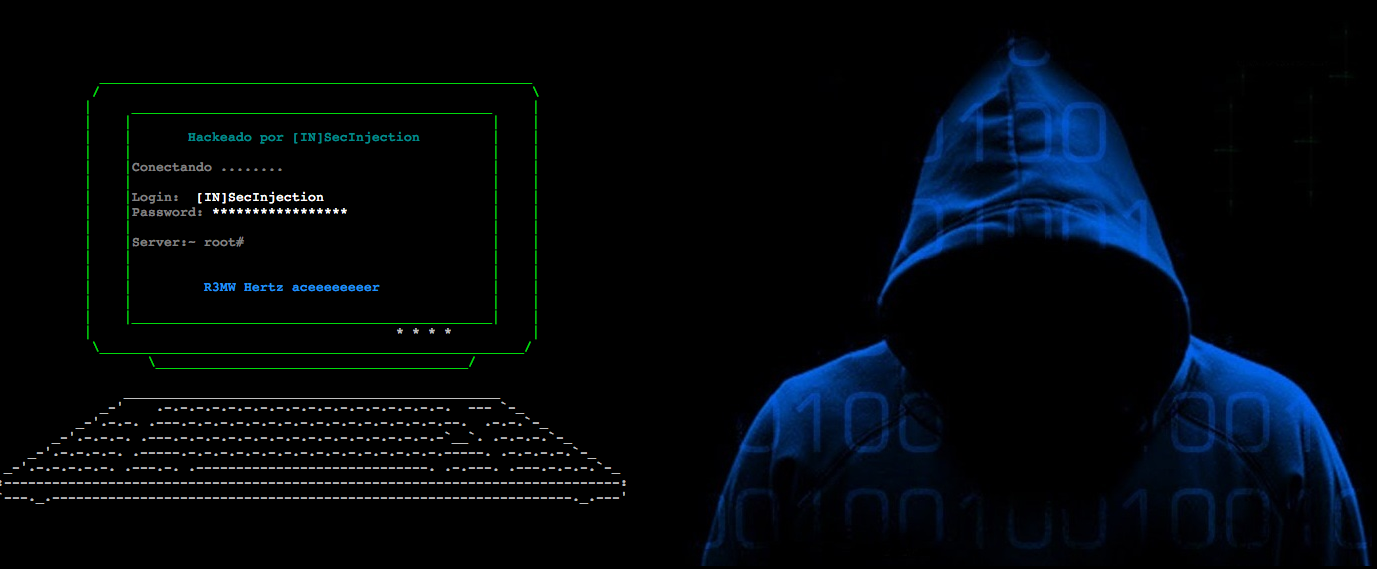A mid-year security report by Check Point Research (CPR) has revealed an 8% surge in the number of global weekly cyberattacks in Q2 2023, the most significant rise in two years. The report attributes the increase to attackers cunningly combining next-gen AI technologies with long-established tools like USB devices to conduct disruptive cyberattacks. The report further notes that ransomware attacks have escalated in the first half of the year with new ransomware groups coming into the scene.
The 2023 Mid-Year Security Report by Check Point Research uncovers the trends and behaviors that have defined the year so far including the rise of Anonymous Sudan which recently targeted Kenyan infrastructure.
Key insights from the report include a rise in hacktivism and ransomware groups who have stepped up their game, resurfacing of USB drives as significant threats and lastly exploitation of Artificial Intelligence to carry out cyber attacks. Particularly, generative AI tools are being used to craft phishing emails, keystroke monitoring malware, and basic ransomware code.
According to the report, H1 2023 has seen 48 ransomware groups have breached 2,200 victims. This represents a 20% increase as compared to the same period in 2022. The manufacturing and retail sectors have seen the most victims, suggesting a shift in ransomware attack strategy.
“Criminal activities have continued to rise in the first half of the year, with an 8% surge in global weekly cyberattacks in the second quarter marking the highest volume in two years. Familiar threats such as ransomware and hacktivism have evolved further, with threat groups modifying their methods and tools to infect and affect organizations worldwide. Even legacy technology such as USB storage devices, which have long been gathering dust in desk drawers, have gained popularity as a malware messenger.” said Maya Horowitz, VP Research at Check Point Software.
Preventive measures against cyber attacks
Notably, as global cyber attacks continue to rise, Kenya is no exception with the country being the third most targeted nation in the continent. There is a need to take preventive measures to protect yourself and your business from cyber threats as attacks increase in frequency and complexity.
“Organizations need to build a cyber resiliency strategy and strengthen their defenses by adopting a prevention-first, integrated approach to cyber security. Cyberattacks are inevitable but can be largely prevented by proactive measures and the right security technologies.” Maya Horowitz added.
Here are some measures you can take to prevent cyber attacks:
- Taking updated cybersecurity awareness training that will educate you and your employees on the best security practices.
- Conducting regular security assessments and audits to help identify potential vulnerabilities. This is to ensure that appropriate security controls are in place and working appropriately.
- Implementing strong password management policies as well as encrypting your data and performing regular backups.
- Use of trusted and reputable anti-malware applications or tools.
- Regularly updating your systems with the latest security patch to eliminate known vulnerabilities.
- Conducting regular network traffic scans and monitoring to identify potential threats.
In addition to the measures above, it is important to invest in the right cyber talent to boost the security of computer systems and data.





























